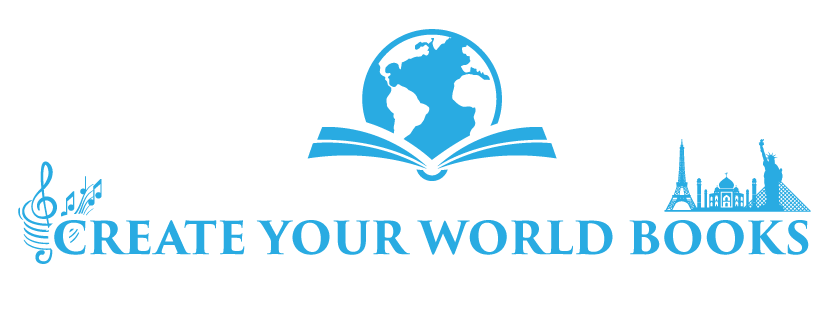We’ve probably heard of people improving their conversation skills in a language over a meal.
I’m reversing the trend. Portuguese vocabulary goes up and the inches melt away. (Let me be ambitious and count in inches which are longer than centimeters!)
When I say “reading Brazilian books on a bike to improve my Portuguese”, is this the image that comes to mind?

(I think Brazil’s Bicicloteca is an excellent idea. Someone on a bicycle transports a mini library to areas where there are no public libraries. Their slogan is: Um livro pode mudar a sua vida, A book can change your life.)
My method is different. I am bringing Brazilian books to my bicycle, the stationary bicycle at my gym.

Lower body workouts with weight machines and the stationary bike are excellent places for me to read something light or “lite”, as the Brazilians say. As I am reading, I am realizing which grammatical issues I need to review. Perhaps I’ll bring my paperback Portuguese grammar book to the gym some time. The problem is that I can’t take notes while exercising. But at least I won’t fall asleep on the exercise bike studying complicated grammatical explanations like I do on the couch at home.
I won’t get into Olympic condition with my current goal of finishing Chico Buarque’s Budapeste because:
a) It’s only 174 pages.
b) I am no speed reader in Portuguese, but I am no snail either!
c) The book is due in two days at the library!
In case you’re wondering, the author Chico Buarque is the same singer/songwriter who is the author of the song, Apesar de você, about which Luciana Lage of Street Smart Brazil and I did a video last year. In this video, we teach some Portuguese grammar and vocabulary. Luciana talks about the repression under Brazilian military dictatorship that Buarque alludes to in his song.
I’ve read Brazilian magazines and one novel at the gym before and it is quite entertaining. I also listen to podcasts from CBN Radio from Brazil while doing upper body weight exercises.
I accomplish many goals:
1) I have fun completing my exercise routine.
2) I widen my range of Portuguese vocabulary.
3) I improve my ability to form more native-like sentences.
4) I improve my spelling and remember better where the accent marks are placed in written Portuguese. (What is the hardest to remember is when the same word in Portuguese and Spanish has different accent marks or none at all in one language and accents in the other.)

When I finish Budapeste, then I can locate the film adaptation and watch it at home. I don’t have a tablet or Ipad to bring to the gym to use to watch movies. Maybe I’ll watch it at home and instead of sitting on a chair or couch the whole time, I can do squats or use arm weights for exercises.
Do you do exercise and learn languages at the same time?
Photo credits:
Bicicloteca: http://theblogonthebookshelf.blogspot.com/2013/01/bicicloteca.html













No, but I should, I think…definitely fixes my problem (making sure i have time to learn *AND* trying to lose weight…)
Exactly! They are not mutually exclusive.
Well I study the Bible and learn Spanish. I just bought a bilingual Spanish English Bible. I read it in both because It is interesting to see how the translators in a diferent language interpreted orginal text which shed light on the meaning
I love to do this too. I think it really helps avoid possible misunderstanding from one languages’ nuances.
I’m too busy checking out my own body to read a book as well 😛
Nice article btw
Great post Susanna, and great tip! This reminds me of a post I read a couple of months ago, entitled “Boring + Boring = Pleasant!?” (http://blog.sethroberts.net/2010/02/23/boring-boring-pleasant/).
As the title suggests, the writer mentioned that studying flashcards while walking on the treadmill made the experience rather pleasant, even though he dislikes doing any of those 2 activities in isolation. While reading a book is generally a more pleasant activities than reviewing flashcards (this latter is rather dry), I’m wondering whether you felt something similar.
And by the way, I’m still waiting for that interview 🙂 Anytime you are free I’d love to get the chance to ask you a few questions!
Sam
I am happy that I’ve been able to read more books since I’ve been taking them to the gym. So there are more benefits than just exercise and language learning.
I’ve listened to the Coffee Break podcasts while on the treadmill. You’ve said that it’s important to consider how each language physically makes you feel. The more sensory involvement, the deeper and more lasting the connection to the language. I wonder if the same is true for physical involvement. I have heard that those who truly excel in any endeavor involve their whole body in it. So I wonder if the physical activity helps, perhaps to the extent that it is related to engaging with the language, but may have a neutral or distracting effect if the movement is generic or unrelated.
Great point about the physical connection to the language. I’ve heard of people getting interested in Spanish through salsa dancing but when you’re dancing, you shouldn’t be analyzing the grammatical structures of the verses, since you should be focusing on technique and having fun. But listening to salsa music while doing other exercise, like running or being on a stationary machine is both fun and educational. Indeed, you are getting your whole body into the activity and this must make the impact of what you are learning be much deeper.
I don’t read but I do tend to listen to live music/news, especially while riding my bike.